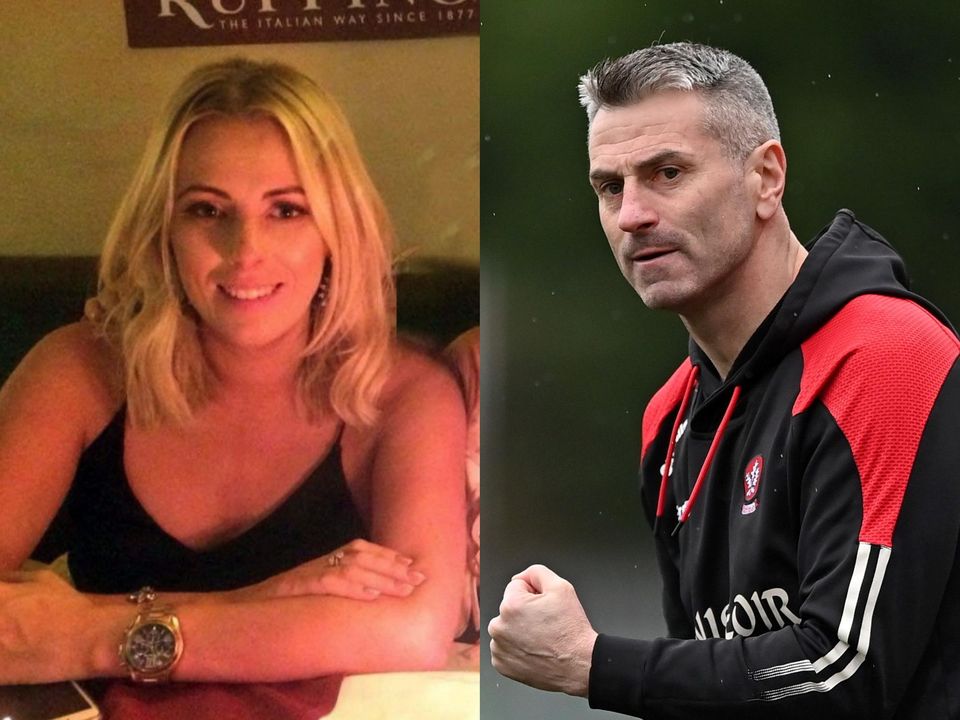By Harper Cleves
On 9 May, Nicola Gallagher took to Facebook to speak out against her long-time abuser: her former husband, and then-manager of the Derry GAA team, Rory Gallgher. The abuse that she outlined was vicious and spanned years, including throughout her three pregnancies. Nicola’s original post was liked by over 21,000 people, was shared by over 4,000 and contains over 3,000 comments – the vast majority of which commended her phenomenal bravery.
While Rory Gallagher formally stepped back from his manager position with Derry GAA on Friday, 12 May, it was not until Tuesday, 16 May, that the GAA confirmed this was a more permanent decision. This statement was released in the wake of the news that the GAA was more than likely aware of the abuse faced by Nicola yet ‘did nothing.’ Nicola’s father, Gerry Rooney, sent five emails to Derry GAA last year between the months of April and July outlining the abuse his daughter had experienced. The internal audit of the GAA has stated the email address that remained on their public website up until this month had been deactivated weeks prior to Rooney sending the first of those five emails.
Misogyny in sport
Notwithstanding the faulty email address, it’s highly implausible that neither Derry nor Fermanagh GAA knew of the violence Nicola was experiencing at the hands of Rory Gallagher. Nicola and her family claim it was an open secret within the organisation, one which prides itself on the positive role it plays in communities across the island. She has said in recent interviews that the county boards were told and that several instances of abuse took place at GAA events where others bore witness.
This is the latest of innumerable examples of how institutions systematically fail women and all survivors of abuse and harassment. Mere days after Rory Gallagher’s abusive history was made public, another infamous veteran of Ulster sports made headlines – Paddy Jackson had won an award with his London Rugby team.
Five years ago Paddy Jackson and other Ulster Rugby players faced trial for the rape of a young woman. They were found not guilty in court, but vile, misogynistic text messages sent about the complainant the morning after the assault were made public and huge demonstrations in Dublin and Belfast declared boldly: “I believe her!” Ordinary women and LGBTQIA+ people stepped up where the institutions had failed and Ulster Rugby was forced to remove Jackson from its roster. The fact that his career has continued with other teams demonstrates the misogyny embedded in these institutions.
A socialist feminist movement
The gains of the feminist movement have faced backlash in the current context of capitalist crisis, with people like Andrew Tate and other far-right figures drumming up hatred towards women, queer people, and people of colour. When the article about Paddy Jackson’s recent achievements circulated on social media half of the comments lamented that he was forced off the Irish team, while the other half recalled the anger and indignation at the heart of the #IBelieveHer demonstrations five years ago. The confidence to voice open support for Paddy Jackson demonstrates the tangible effect of this backlash.
This only serves to emphasise how essential it is that build an active socialist feminist movement on the streets, in our workplaces, schools and colleges to push back. As well as taking aim at misogyny and the propagating of the backward gender binary at every turn, let’s deepen and broaden our struggle against all forms of gender violence and abuse by linking it to a movement for public housing, free childcare, LGBTQ positive sex education in secular public schools for all, and for a socialist challenge to the system of capitalism that reproduces oppression and has inequality as its lifeblood.











